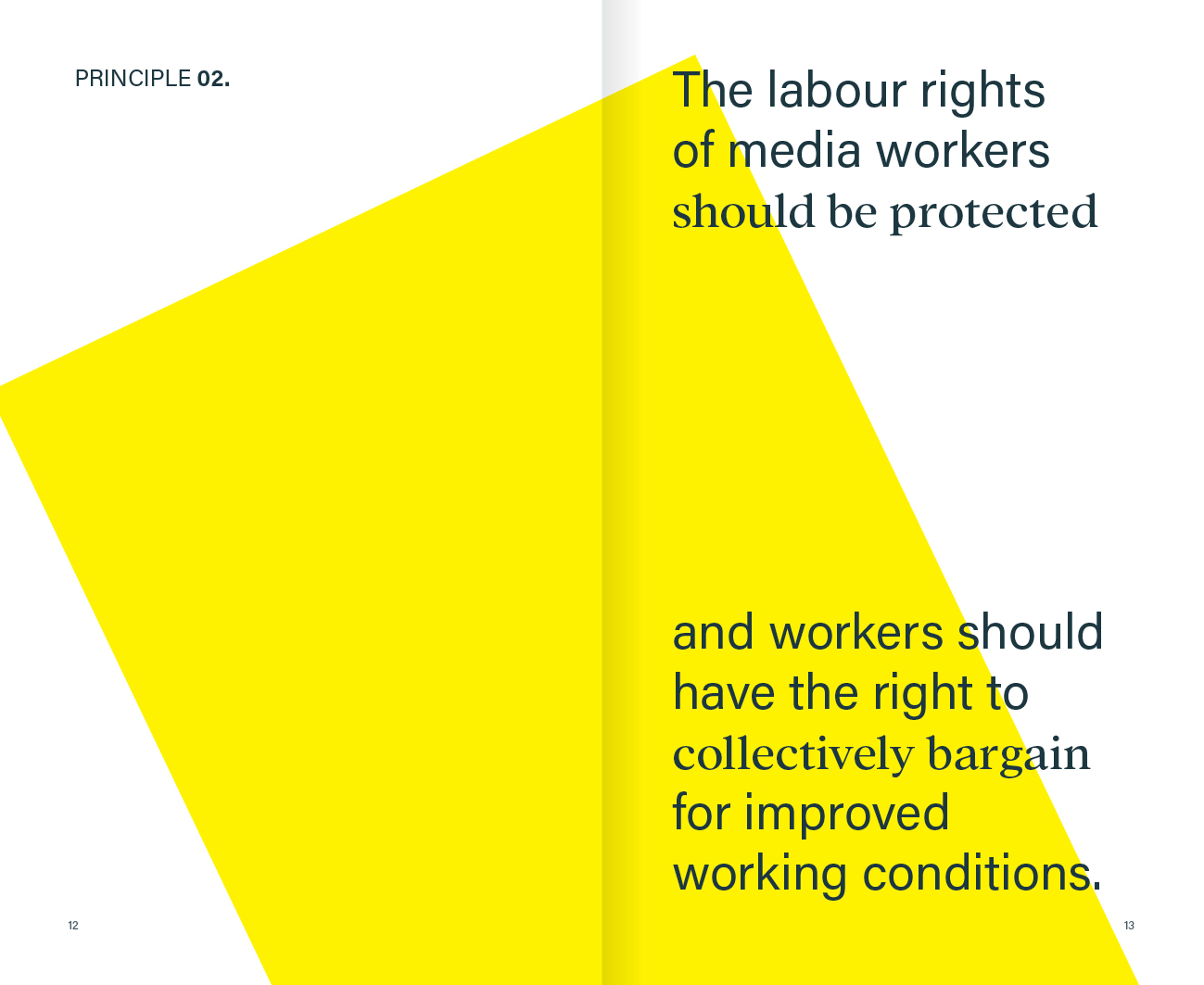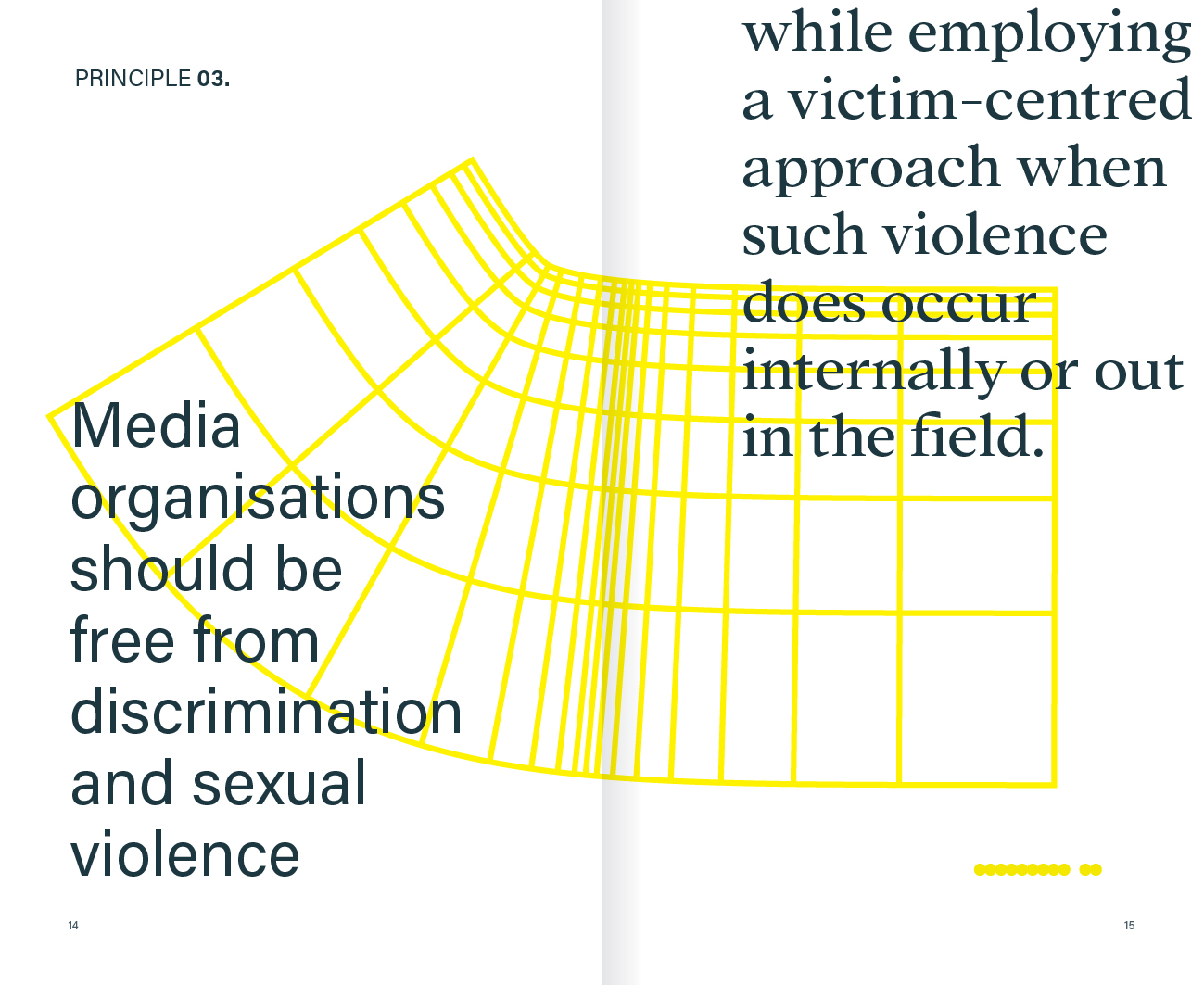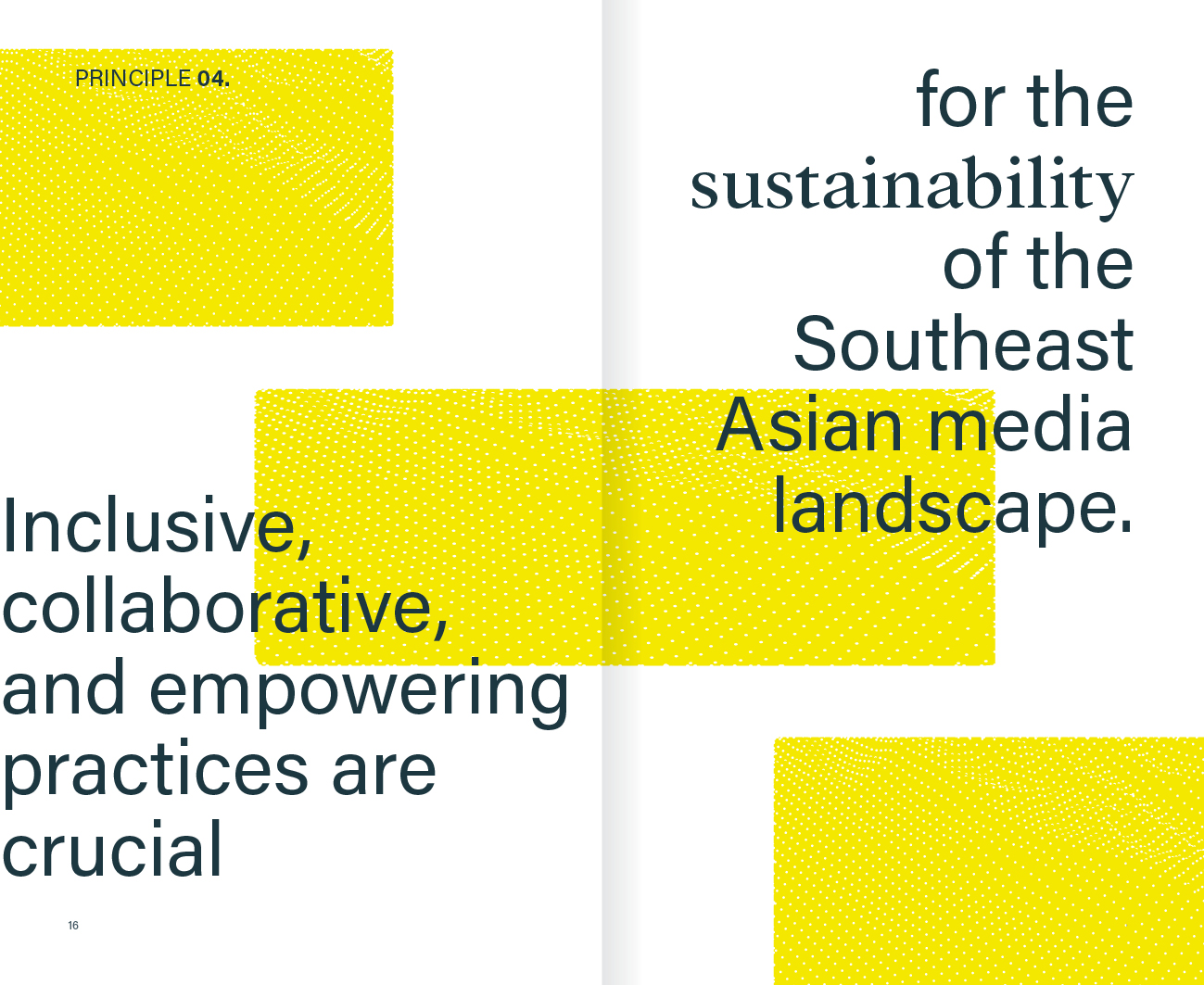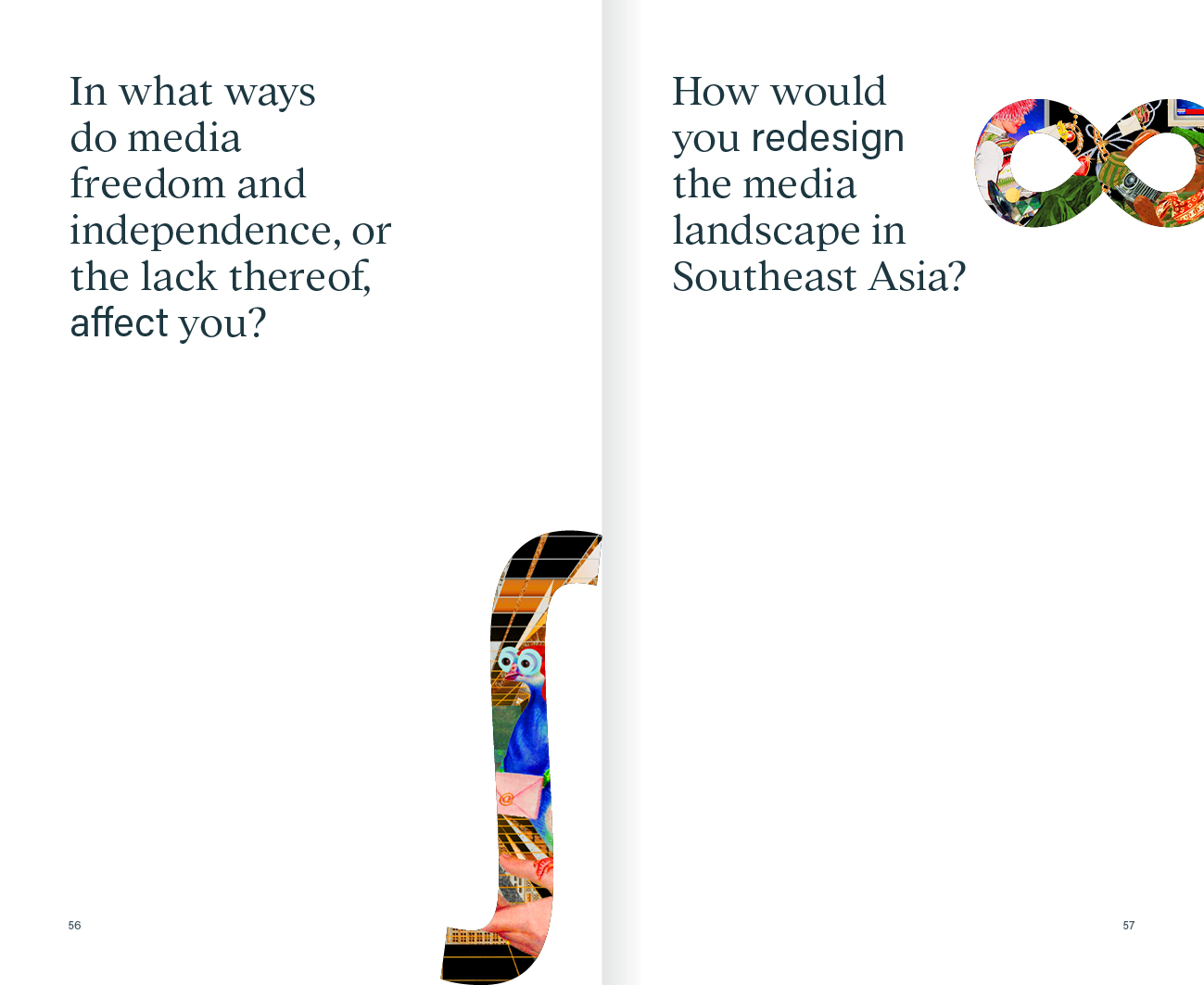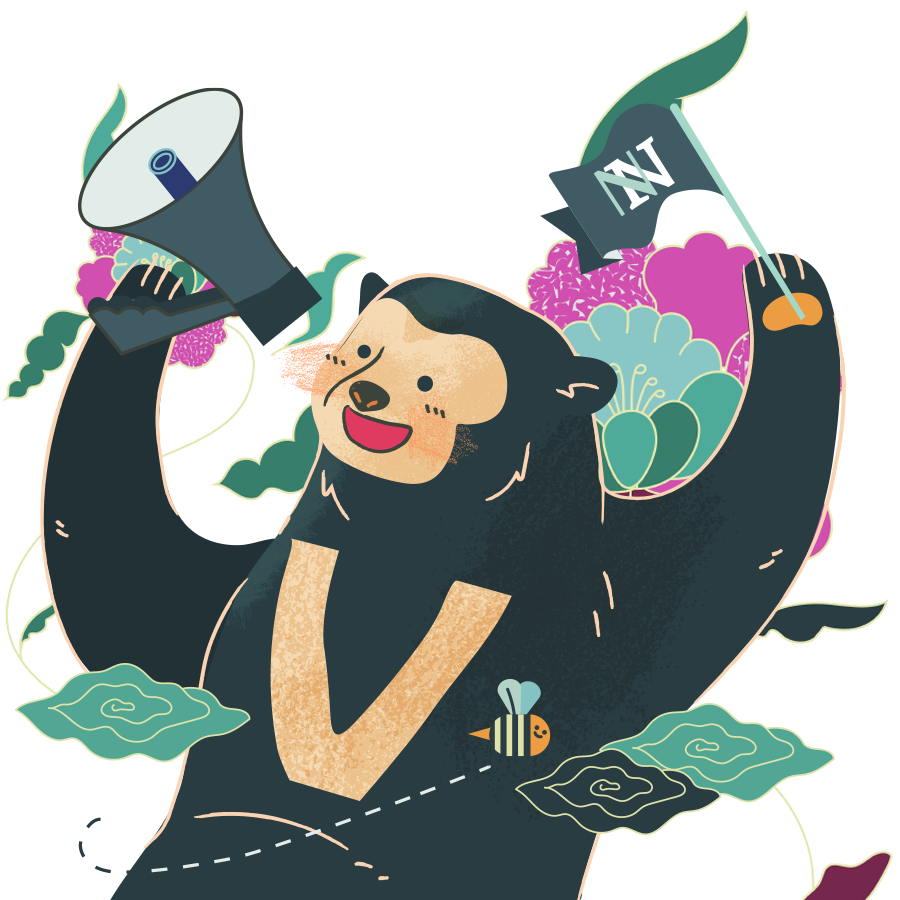
Hello!
Stay up to date with New Naratif’s latest stories and upcoming events with our weekly newsletter. No spam, just good content.
The Media Freedom
in Southeast Asia Project
“. . . What kind of society do you wish to live in?
How do we get there?
In what ways does media freedom and independence, or lack thereof, affect you?
How would you redesign the media landscape in Southeast Asia? . . .”
The Media Freedom in Southeast Asia Project seeks to understand the challenges that media workers in Southeast Asia face and how they navigate them. While mass surveys and large-scale indices have examined the overarching trends in press freedom, they often gloss over the fact that experiences among media workers may vary across race, gender, and specific geographic locations even among those within the same country, or that there are commonalities which transcend borders.
The Media Freedom Network

Southeast Asia faces severe challenges to media freedom in the form of hostile regulatory, legal, and commercial environments. Here at New Naratif, we believe that independent media is vital to building Southeast Asian democracy, and as part of the Media Freedom in Southeast Asia Project, the Media Freedom Network (MFN) is our response to these challenges.
The MFN is a solidarity web for the media freedom movement in Southeast Asia. We aim to build a sustainable network of media workers, organisations, and activists to provide support, solidarity, and resources to media practitioners in our region. At the same time, we will also be conducting extensive, ground-up research with freelance journalists, media organisations, and other media practitioners to publish nuanced, comprehensive reports on the challenges facing media freedom in Southeast Asia.
As part of our network activities, we will be hosting digital security trainings, legal briefings, workshops, and other outputs for independent media workers and organisations across Southeast Asia. No matter if you are an individual, an independent media worker, or perhaps part of a group or media organisation who faces these shared challenges, you are welcome to be part of our quest for media freedom in Southeast Asia.
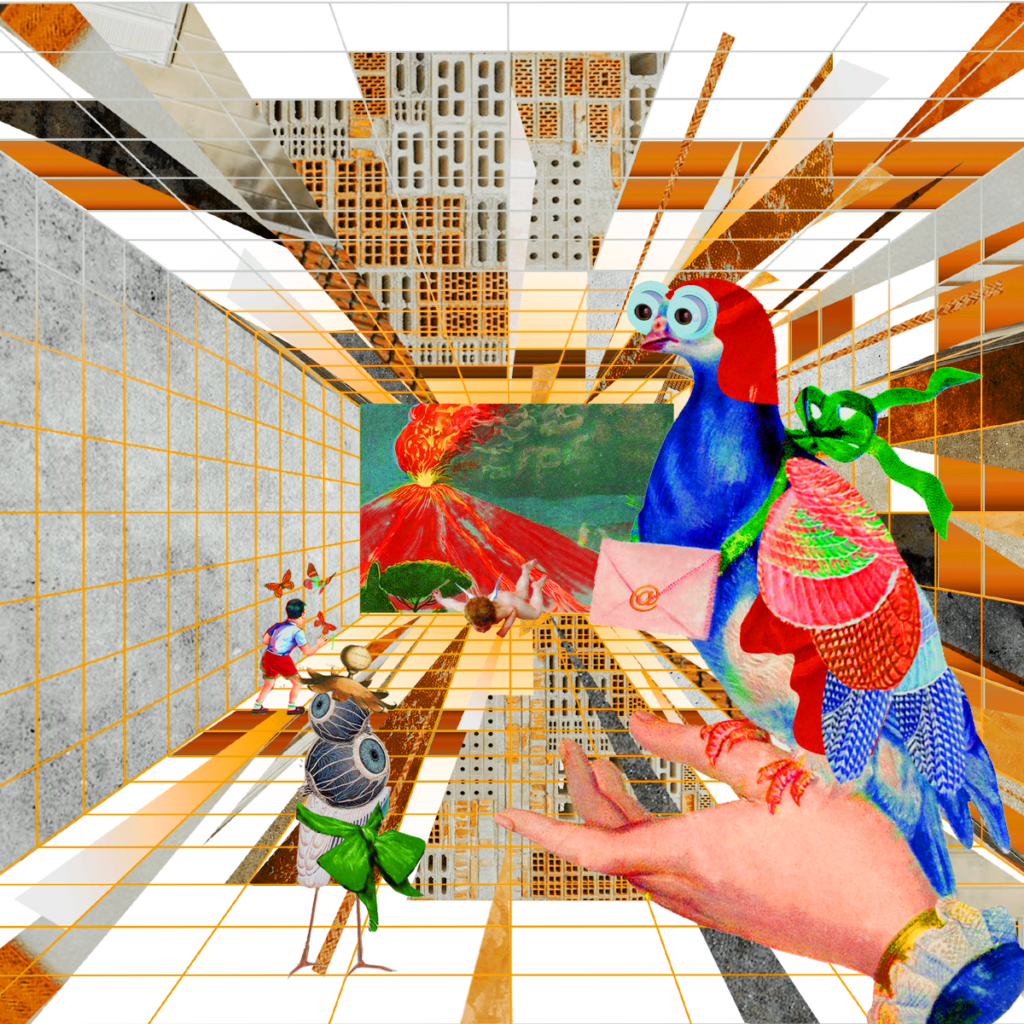
Empower yourself and develop skills
Join one of the many events that are part of our network activities. From digital security trainings to innovative workshops, sign up for our upcoming events here!

Contribute and collaborate
Organise and run an event with us, send your pitches, the possibilities are endless! Get in touch with us to see how you can contribute your skills and expertise to the MFN!

Read and understand
The Media Freedom in Southeast Asia Project seeks to understand and navigate the challenges media workers face in our regional context. Access our reports and find out why building solidarity and the MFN is so important!
Our Goals
After conducting interviews, FGDs, and exploratory surveys with 320+ independent media workers over two series of Media Freedom in Southeast Asia publications in 2021, we gather that achieving media freedom and independence requires the collective effort of various communities in the region.
We aim to build the network slowly and sustainably, starting with researching and publishing reports on press freedom in Southeast Asian countries based on nuanced perspectives and qualitative research from journalists, media outlets, activists, and other relevant persons/communities.

Safety and Security
Improve the safety and security of independent media workers.
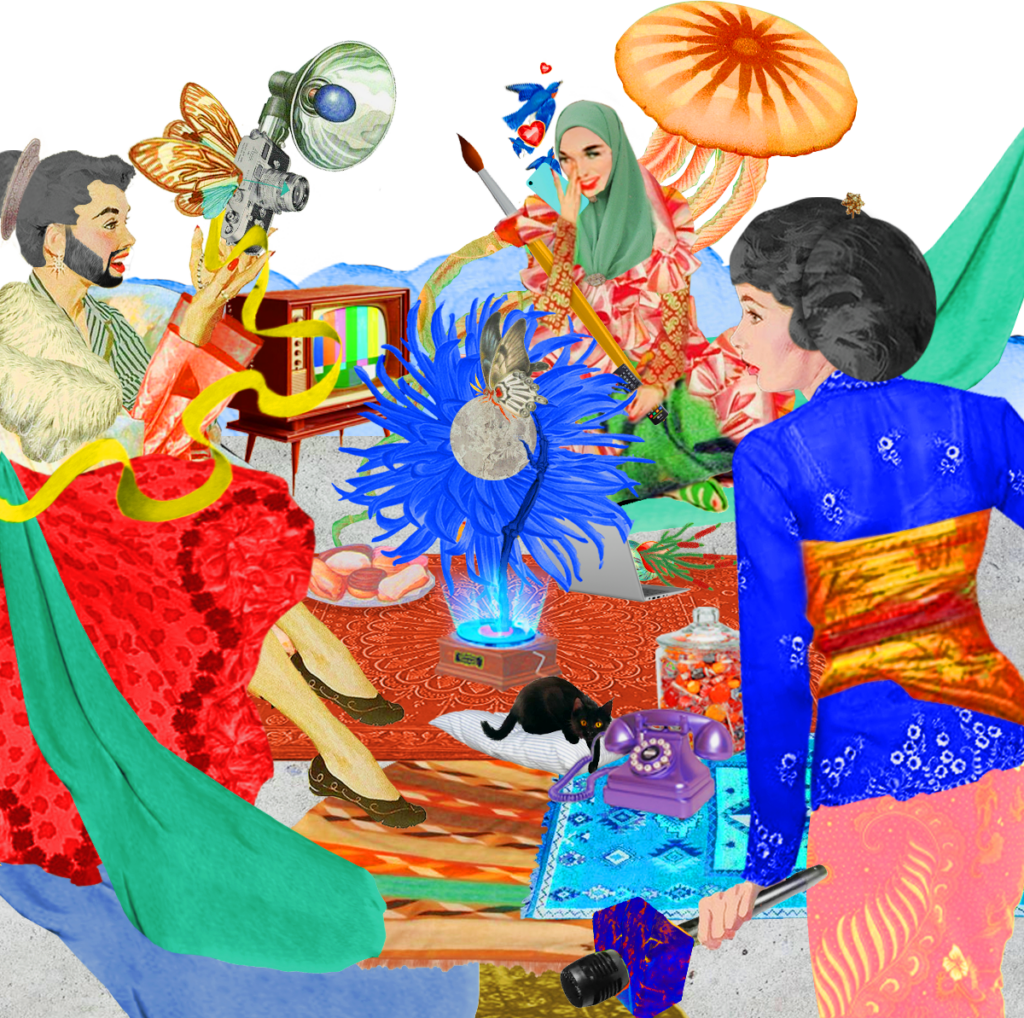
Gendered and Marginalised Experiences
Promote gender equality and platform marginalised voices.
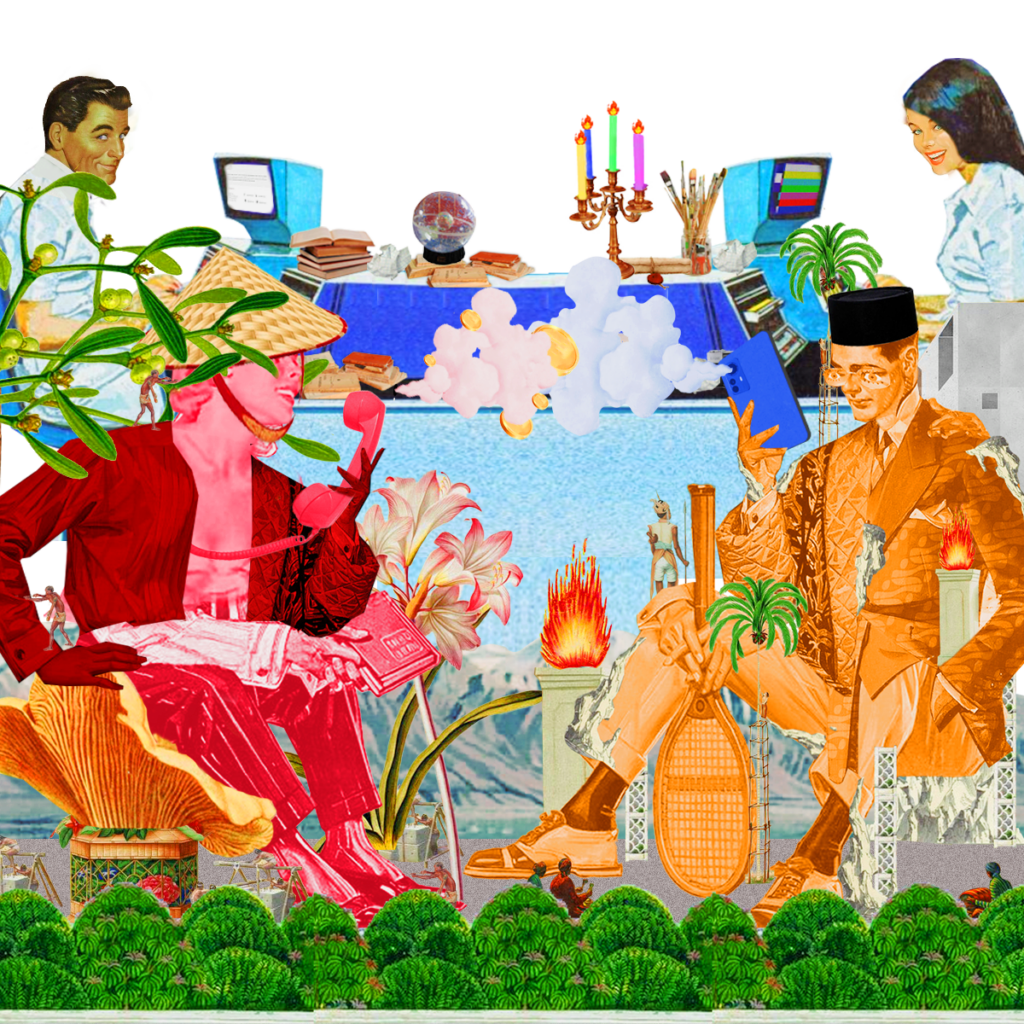
Sustainability and Alternative Funding Models
Empower collective action by media workers to create financially, physically, and mentally sustainable lives.

Our Principles
We intend to implement the following proposals as part of the MFN. They are in no way exhaustive, as we understand that we may not be able to fully represent the situation in every part of Southeast Asia. While we do not try to be prescriptive in terms of the steps laid out, everyone is welcome to adopt any suggestions that might fit their context or situation.
- Media freedom, concurrently freedom of expression and information, is a universal human right, as established in Article 19 of the Universal Declaration of Human Rights.
- The labour rights of media workers should be protected, and workers should have the right to collectively bargain for improved working conditions.
- Media organisations should be free from discrimination and sexual violence while employing a victim-centred approach when such violence does occur internally or out in the field.
- Inclusive, collaborative, and empowering practices are crucial for the sustainability of the Southeast Asia media landscape.
- We are strongest when we work together. Collective action and care must be at the heart of our community. Thus, power and resources should be distributed rather than centralised, and exercised collectively rather than directed from the top down.
Our democracy depends on how we perceive our surroundings, engage in critical discussions, and ensure that decisions are made for the public good.
Building collective action for media freedom in Southeast Asia

The pursuit of media freedom and independence should start at the individual level, where media workers are equipped with the knowledge and skills necessary to navigate the hostile media space.
As such, we call for a more holistic and intersectional approach to bring about positive changes for media workers and, by extension, every element of our societies.
01. Who can be part of the Media Freedom Network and how?
The Media Freedom Network (MFN) is for everyone who fights for media freedom in Southeast Asia, including (but not limited to):
- Independent media workers and freelancers, such as journalists, writers, and artists.
- Independent media organisations, communities, and alliances.
- Activists and NGOs/CSOs who fight for a democratic Southeast Asia.
There is no basic requirement or minimum qualification to join the network. Whether you’re an individual or part of a group interested in media freedom, working actively in media and navigating these challenges, or perhaps even a student pursuing a future in journalism, our network, reports, and activities are for you.
You can be part of our network in many ways:
- Attend our MFN events
- Read our reports: Media Freedom Insights
- Stay updated with the MFN newsletter
- Contribute your skills and expertise
02. How, when, and where will the network operate?
We will be hosting digital security trainings, legal briefings, workshops, and other outputs for independent media workers and organisations across Southeast Asia starting December 2022 as part of the network, solidarity-building, and knowledge-sharing. Depending on context, these activities will be held online as well as in-person in different Southeast Asian countries.
03. Why join the network?
The Southeast Asia media space is a contested landscape without definite boundaries. By joining the MFN, we can work together to reclaim the space that has been long-dominated by hegemonic narratives that favour those with power and influence.
The MFN aims to provide support, solidarity, and resources to media practitioners in our region. You can join us to learn and empower yourself, contribute your insights and knowledge to others within the network, and navigate these diverse yet also shared challenges within the Southeast Asia media space with us.
04. What languages are available for the MFN, its activities, and reports?
As part of our ongoing efforts to prioritise accessibility, we seek to translate the Media Freedom in Southeast Asia Project and its associated outputs (including the MFN) into various Southeast Asian languages.
Our main language for most MFN events will be English. However, events for a specific target group may be run in different languages (or translation provided) depending on resources available.
Our reports, Media Freedom Insights, are being translated to various languages aside from English (such as Indonesian, Thai, and Khmer).
Translation and interpretation is a monumental effort, but accessibility and accuracy is key. If you would like to learn more or perhaps contribute to these efforts, reach out to us!
Our Manifesto
Be part of the regional solidarity.
We are strongest when we work together. Collective action and care must be at the heart of our community. Thus, power and resources should be distributed rather than centralised, and exercised collectively rather than directed from the top down.



